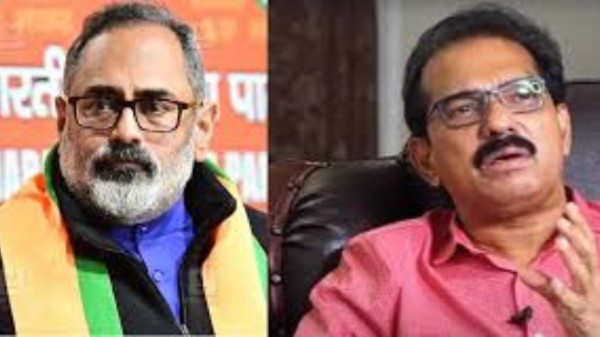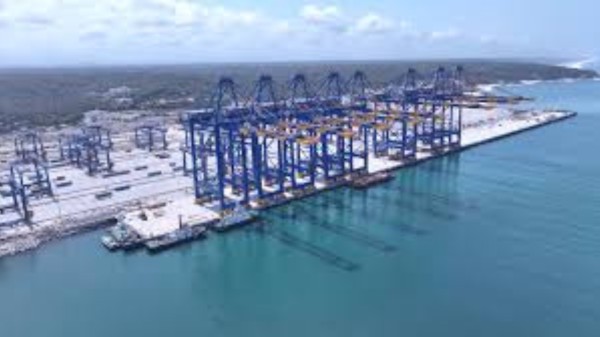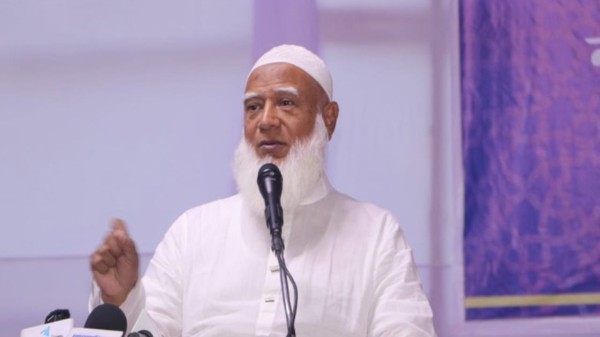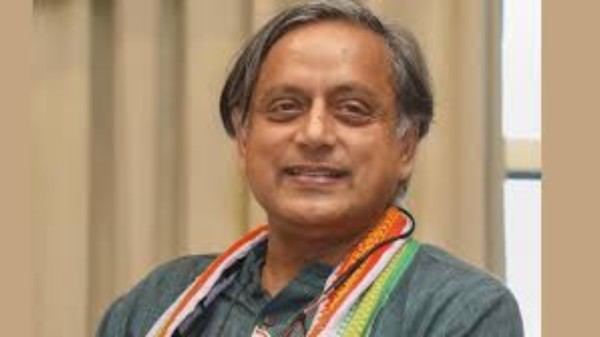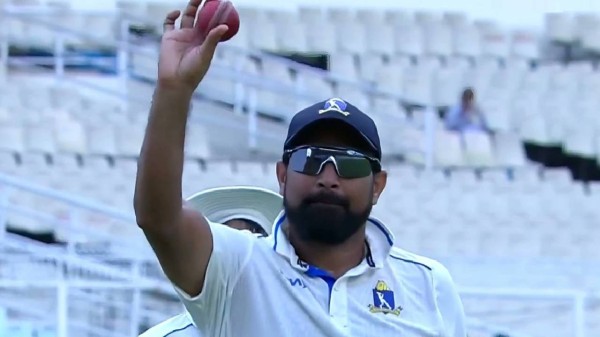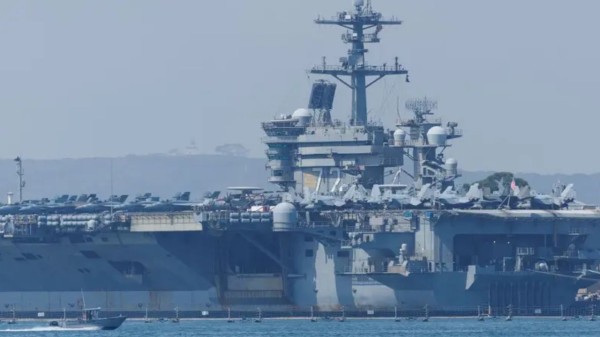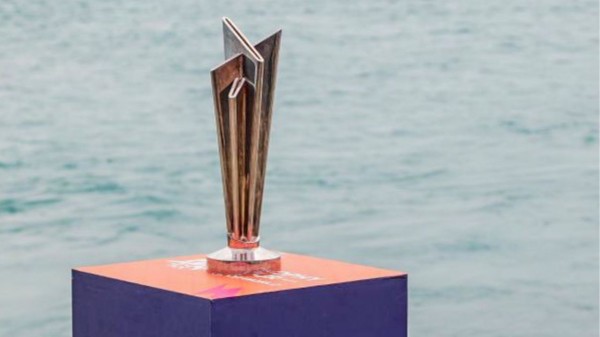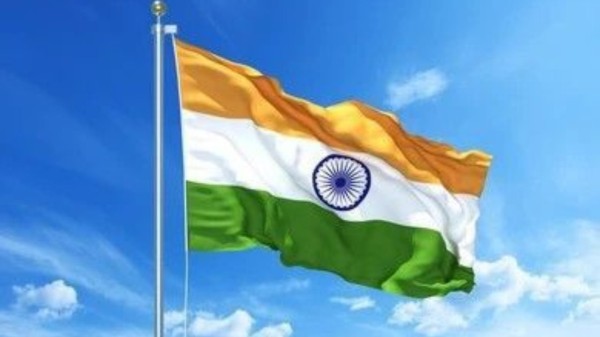

By signing in or creating an account, you agree with Associated Broadcasting Company's Terms & Conditions and Privacy Policy.


By signing in or creating an account, you agree with Associated Broadcasting Company's Terms & Conditions and Privacy Policy.
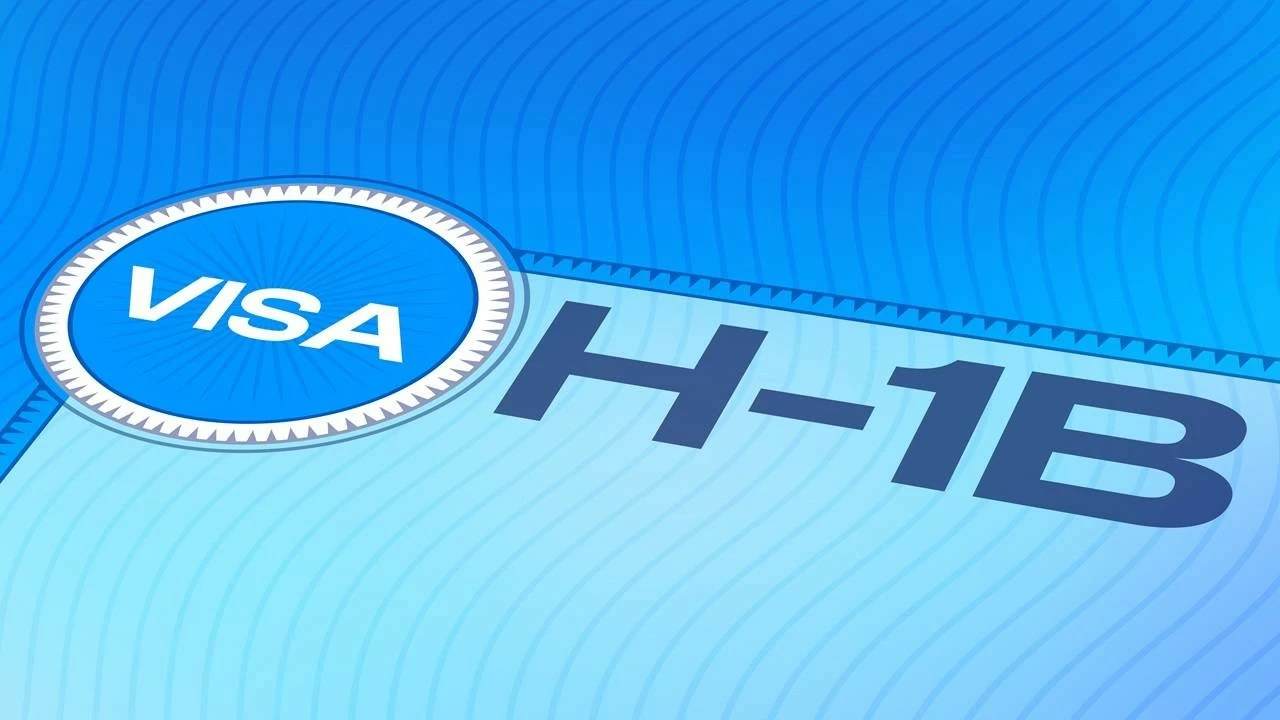
New Delhi: The US Department of State has implemented a policy change following which non-immigrant visa (NIV) applicants will be required to schedule and attend interviews at US embassies or consulates in their country of citizenship.
The new rule says that applicants for NIVs, including short-term visas like B1/B2 (business/tourist) and petition-based visas like H-1B, need to schedule and attend interviews at US embassies or consulates in their country of citizenship.
The rule covers almost all NIV categories: B-1/B-2 (business/tourist), H-1B (skilled worker), F-1 (student), L-1 (intra-company transferee), O-1 (extraordinary ability).
“Applicants for U.S. nonimmigrant visas (NIV) should schedule their visa interview appointments at the U.S. Embassy or Consulate in their country of nationality or residence. Nationals of countries where the US government is not conducting routine nonimmigrant visa operations must apply at the designated embassy or consulate, unless their residence is elsewhere,” the US State Department said on its official website.
This move ends the practice of “third-country nationals” (TCNs) — such as Canadians, Mexicans, or UAE residents — applying for visas in those countries to avoid long wait times in India. As a result, Indian citizens must now attend visa interviews exclusively at one of the five US missions in India: the Embassy in New Delhi or the consulates in Mumbai, Chennai, Hyderabad, or Kolkata, regardless of where they currently reside.
The change does away with most age-based exemptions and “Dropbox” renewals that earlier allowed applicants to skip in-person interviews. The rule applies to a broad spectrum of visa categories, including students, skilled workers, and frequent travellers.
The scrapping of TCN applications means the applicants can no longer routinely select US consulates in third countries just for convenience or faster processing. Interviews must be booked where the applicant can demonstrate citizenship or legal residency.
Exceptions will be granted in humanitarian cases, medical emergencies, and certain diplomatic situations. Besides, individuals with legal residence abroad — not just short-term visitors — may still be allowed to attend interviews in their country of residence.
Earlier, many Indians (especially those living or travelling abroad) applied in third countries with shorter wait times, reducing pressure and burden on Indian consulates. This influx is now expected to further extend appointment delays in India, impacting hundreds of thousands of applicants annually. By mid-2025, India was already processing over 1 million US visa applications every year, with H-1B visas representing a significant share.
Indian professionals, students, and tourists with time-sensitive plans, including job start dates, conferences, or family emergencies, may face delays, potentially resulting in billions in lost opportunities. Business travellers from the IT and outsourcing sectors, who depend on quick US visits, will be the most affected. Tourism may also plummet, as Indians planning short trips to the US must now return to India for visa interviews.
Globally, India accounts for the largest share of H-1B applicants —- around 73% of approvals in FY2023 —- and delays could affect remittances, tech talent mobility, and bilateral trade. IT titans like Infosys and TCS, which sponsor numerous H-1B workers, may face hiring challenges.
At the New Delhi Embassy, the visa wait time for B1/B2 (Tourist/Business) is 4.5 months, while in Mumbai (Consulate), it is 3.5 to 4 months. Likewise, in Chennai (Consulate), the wait for this visa is 9 months. In Hyderabad (Consulate), it is 3.5 months, while in Kolkata (Consulate), the wait time is 5 months.
This is as per updated data on August 18.
The H-1B process involves three stages: lottery selection, USCIS petition approval (Form I-129), and consular visa stamping (interview). Total time from initial registration to visa issuance can be 6-18 months, depending on luck and processing speed. This data is for FY2025 (October 2024-September 2025), with USCIS times as of August 2025.
